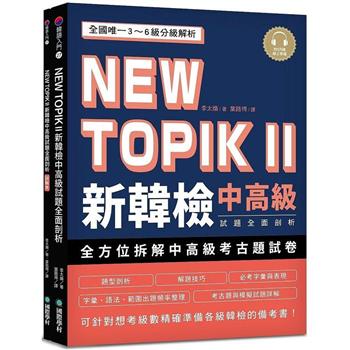Mosquitoes have been studied for centuries by entomologists, epidemiologists, biologists, geneticists, and ecologists. Early investigations primarily focused on their anatomy, life cycles, and feeding habits. As scientific knowledge progressed, however, the research scope expanded and so has our understanding of the underlying biology of mosquito genetics, physiology, behavior, and pathogen transmission dynamics.
This laboratory manual provides a comprehensive collection of experimental procedures for research using mosquitoes. It includes basic methods for mosquito rearing, egg collection, scoring mating status, scoring reproductive and host-seeking behaviors, visualizing transcript and protein expression, and evaluating physiological responses to stimuli. There are also protocols for genetic manipulation of mosquitoes using RNAi and CRISPR-Cas9 genome editing. Methods to evaluate insecticide resistance are also described.
The methods in this manual focus primarily on
Aedes and
Anopheles mosquitoes, although we also provide rearing protocols for
Culex, and many of the protocols included may also work well in multiple species, with minor modifications. This manual aims to serve both as a critical reference for laboratories already working with mosquitoes and as a comprehensive guide for those starting to use mosquitoes in their experimental work.











